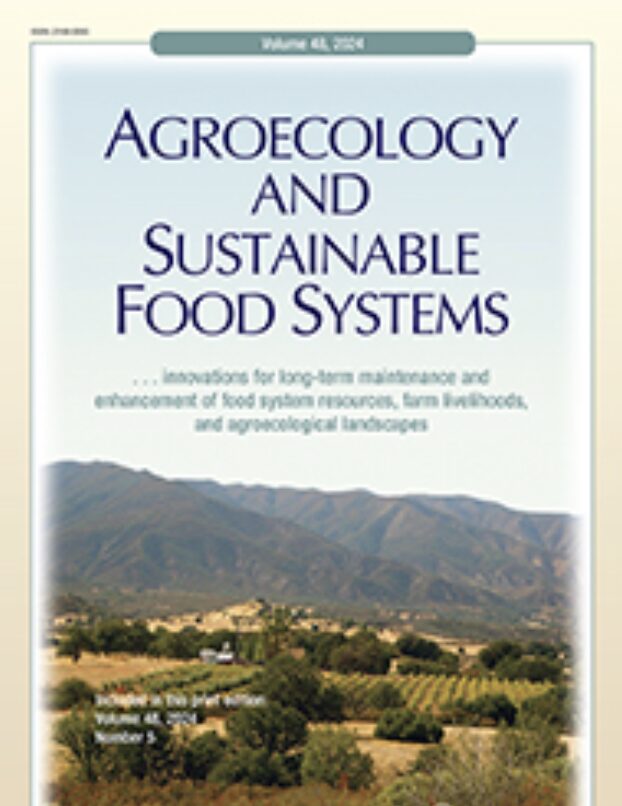This article examines trends in farming and livelihood activities among forest-dwelling Adivasi farmers (Soligas) in a tiger reserve from 2008 to 2015. In-depth semistructured interviews were conducted in two contrasting, but representative, villages, where traditional mixed-crop farming was being replaced by cash crops such as coffee, maize, and cotton. Access to state-subsidized food supply and increase in cash income through wage labor, coupled with increasing depredation of food crops by wild animals, were some causes for the shift to cash crops. Declining supply of non-timber forest produce (NTFP) and the subsistence cash it provided has also impacted farmer livelihoods and indirectly contributed to this shift. The changing aspirations of younger Soligas and inadequate state support for mixed-crop farming also could be contributing factors. Soligas consistently maintained that increased wildlife depredation of food crops, reduction in supplies of wild foods, and the decline in NTFP was due to poor forest health. The transition to cash crops improved cash flows but exposed the Soligas to market risks. While food security also improved, the nutritional quality of diet declined. Soligas are adopting new farming practices, diets, and livelihood strategies, and importantly, leveraging rights historically denied to them, all a reflection of their social resilience.
“Shifting agriculture”: the changing dynamics of Adivasi farming in the forest-fringes of a tiger reserve in south India


